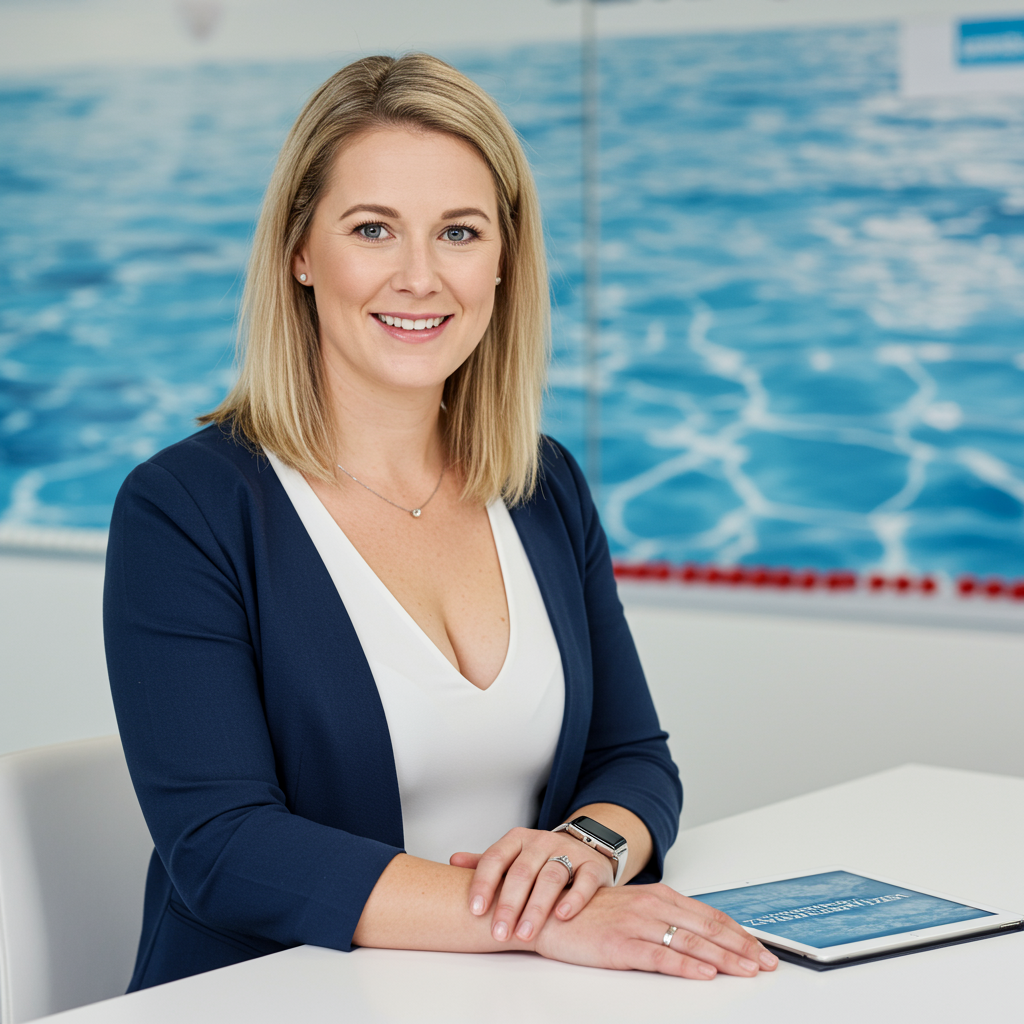Are you about to sign your child up for swimming lessons, but you're feeling overwhelmed by the choices? You're not alone! Choosing the right swimming lessons can feel like a leap of faith. What should you look for to ensure quality? And how do you avoid unexpected costs later on? In this article, we'll guide you through the 'swimming lesson jungle' and give you the tools to make an informed decision, so your child can dive into the water with confidence and safety.
Why swimming lessons are essential
Living in a water-rich country like the Netherlands also means there's a risk of drowning. That's why swimming lessons aren't a luxury, but a necessity. It's an investment in your child's safety and self-reliance. Did you know that the National Swimming Safety Standard is equivalent to the Swimming Certificate C [8, 17]? With this certificate, your child will have mastered the skills to swim safely in swimming pools with attractions and in open water, such as recreational lakes and wider canals [8, 17].
But the cost of swimming lessons can add up quickly, and it's important to know exactly what you're paying for. Read more about the different swimming lesson methods available.
How to recognise quality in swimming lessons?
Quality is a broad concept, but there are a few key criteria to look out for:
- Qualified and experienced instructors: Check whether the swimming instructors have completed recognised training and receive regular refresher courses [23]. Also, ask about their experience with different age groups and abilities.
- Small groups: In smaller groups, your child will receive more personal attention and guidance, which benefits the learning curve [6].
- Clear teaching method: A good swim school will have a clearly defined teaching method with clear learning objectives [23]. Ask for a lesson plan and the criteria for obtaining the different certificates.
- Safety: Safety is paramount. Look for the presence of adequate supervision, first aid facilities and a safety protocol [23].
- Transparent communication: A good swim school communicates openly and honestly about your child's progress and is open to questions [7].
The importance of the National Swimming Certificate Licence
In the Netherlands, anyone can offer swimming lessons and issue a swimming certificate [8, 10, 23]. This means that the quality can vary greatly. To be sure of high-quality swimming lessons, it's best to choose a swim school with the National Swimming Certificate Licence from the National Swimming Safety Council (NRZ) [8, 11, 14, 15, 17, 19, 23].
Swimming lesson providers with this licence are independently assessed annually on the quality of the lessons, the instructors' qualifications and the examinations [11, 23]. This ensures that your child receives lessons according to the most up-to-date quality requirements [23]. You can easily find swimming lesson providers with this licence via the ZwemlesWijzer comparison tool.
Public vs. private: what's the difference?
You can choose to have swimming lessons at a public swimming pool or at a private swim school. What are the differences? Public swimming pools are often cheaper but sometimes have longer waiting lists and larger groups. Private swim schools are often more expensive but offer more flexibility, smaller groups and a more personal approach.
Also, read our article on the swimming lesson dilemma: public vs. private.
Hidden costs: what to look out for?
The price of swimming lessons is often more than just the tuition fee. Watch out for the following potential hidden costs:
- Registration fee: Some swim schools charge a registration fee [2, 5, 18].
- Teaching materials: Think of a swimsuit, swimming goggles, swimming cap and possibly teaching materials [7].
- Swimming test fees: Extra fees are often charged for the swimming test for a certificate [2, 4, 5].
- Dress code: Are there any special requirements for swimwear, such as a compulsory swimsuit from the swim school?
- Extra lessons: What happens if your child needs extra lessons? Are these included in the price or do you have to pay for them separately?
- Waiting lists: Sometimes you pay to be on a waiting list.
Tip: Always ask for an overview of all costs, including any additional costs, before enrolling your child. This way, you won't be faced with any surprises. Also, check out our article on the hidden costs of swimming lessons.
Saving on swimming lessons: tips
- Ask for a trial lesson: This allows your child to get acquainted with the swim school and the teaching method before you register permanently [4].
- See if your municipality has a scheme: Many municipalities have a scheme for families on low incomes [6, 15].
- Compare the prices of different swim schools: Prices can vary greatly per provider [2, 6]. Compare swimming lesson providers in your city and find the best deal.
- Opt for a lesson package: Some swim schools offer lesson packages where you pay for the entire course at once [2]. This may be cheaper than individual lessons.
The C certificate: the real standard
Although the A certificate is often seen as a milestone, the C certificate is the real standard for swimming safety [8, 17]. With an A certificate, your child can manage in a swimming pool without attractions, with a C certificate also in open water [8, 17]. So, invest in obtaining all three certificates, so that your child is optimally prepared for all situations.
Conclusion
Choosing the right swimming lessons is an important decision. By paying attention to the quality and mapping out the hidden costs, you can make an informed choice. Don't forget that the C certificate is the standard for swimming safety. And remember: ZwemlesWijzer is happy to help you find the best swimming lesson provider in your city. Start comparing today and give your child a safe start in the water! Also, check out the knowledge base for parents for even more tips and information.
